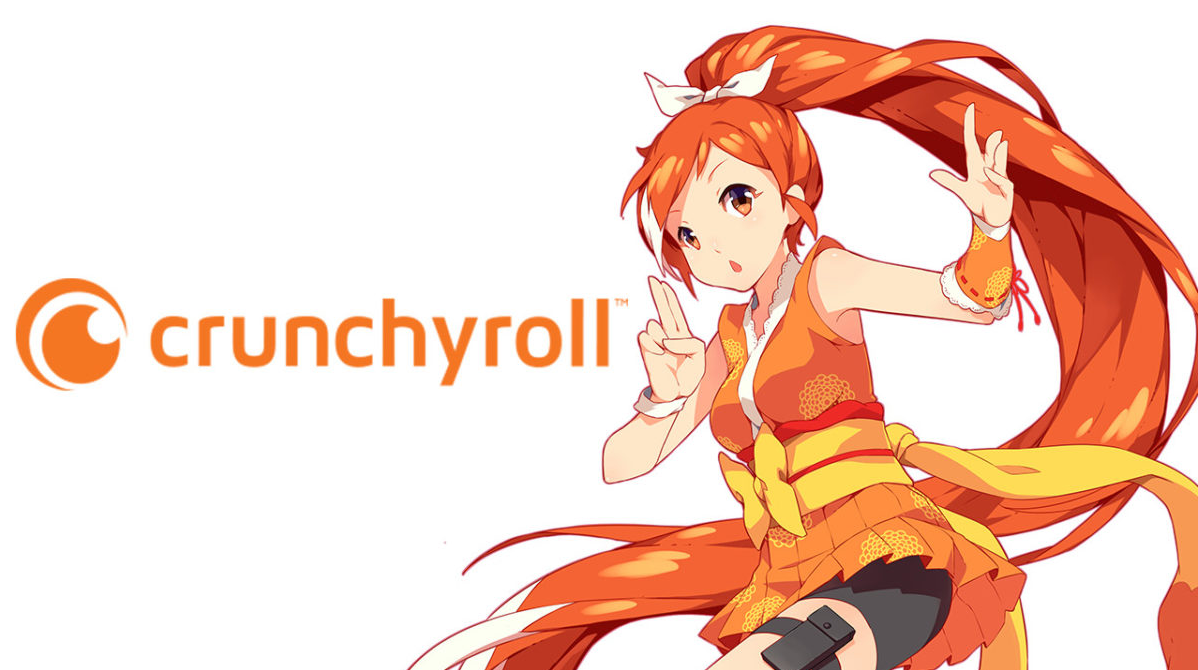Author: Gabriel Persechino-Forest Published: May 6th, 2021
It was revealed some time ago that Sony’s Funimation Global Group will acquire Crunchyroll for US$1.175 billion. Not much else has been revealed about the purchase but a significant development did occur: There were reports that the Department of Justice is extending its probe into the sale, potentially leading to significant delays or even the potential termination of the sale altogether. So, what does all of that mean?
It is true that Sony controls a great deal of the anime industry and as time goes by, it is clear they are attempting to establish a monopoly (At least in the industry outside of Japan). They have acquired Funimation, one of the western market’s biggest physical and digital distributor of anime and one of the biggest dubber of anime as well. They have also acquired Madman Anime, Australia’s biggest anime distributor, already control Aniplex USA, have already acquired French streaming giant Wakanim… Not to mention their holdings in Japan itself. With Crunchyroll’s acquisition, Sony will control Funimation’s biggest rival and the second biggest licensor of anime in the Western market. In addition, Crunchyroll already has a majority ownership in Viz Media Europe, which itself already integrated the French anime distributor Kazé.
There’s no question Sony is after a monopoly and while there are serious implications to Sony owning the anime market, which I will delve into in future articles, the most noteworthy element of this developing story is the Department of Justice’s involvement. Many see this as a godsend, that the government is finally stepping in. Many think that Sony is finally going to be reigned in. Sorry to burst your bubble, but that is very unlikely to happen. Nevermind the fact that the DoJ rarely does anything to stop corporate giants from establishing super-monopolies (Disney’s acquisition of 20th Century Fox and AT&T acquiring Warner Brothers ring a bell, among countless examples), the fact is that while most people see anime as distinct from every other industry, it is in fact simple animation. Sony has already reportedly made the argument that Disney and other such companies’ animated portfolio act as rivals to anime and as such, their acquisition of anime is just one small piece of the larger animated industry. The only chance for anime to be given preferential treatment would be if the industry was recognised as separate.
But in the end, does it matter? Between Sony, Netflix, Amazon and other corporate giants, the industry is being slowly monopolised by international entities with a collective eye on globalization of the medium and a shared set of “international values” by which they license, produce and advertise everything they own. The future is not hard to see and its not pretty, and its certainly not free. I will have more in depth articles talking about this in the future but for now lets just say that it is unlikely that Sony’s acquisition will be stopped and even if it is, the international conglomerates are still increasingly and rapidly moving in on the anime industry, bringing with them all the goodies that have made video games, comics and Hollywood so great in the last decade. Woke “culture”, as it is called, has resulted in fanservice being virtually non-existent in modern media, every video game has to push an ideological agenda, certain topics can’t be depicted anymore or have to be “addressed” in the “right way”, comics are created to “educate” people and are focused on politics rather than storytelling, Hollywood movies are now starting to push the same ideological agenda and anyone that criticizes it is labelled and attacked; and all of them now have checkboxes that need to be filled before something is released. Everything is “brave” today, but nothing is good anymore. As the above two links revealed, the corporations are moving in on anime, and they made it clear anime needs to change, that it needs to become more “modern” and consider “western sensitivities”. What do you think that means for the future of anime? Especially when these corporations are now the ones paying the production budget.
Source: Sony Pictures, Funimation, Crunchyroll, The Information, Bounding Into Comics and Article Image: Crunchyroll’s Logo and Mascot
